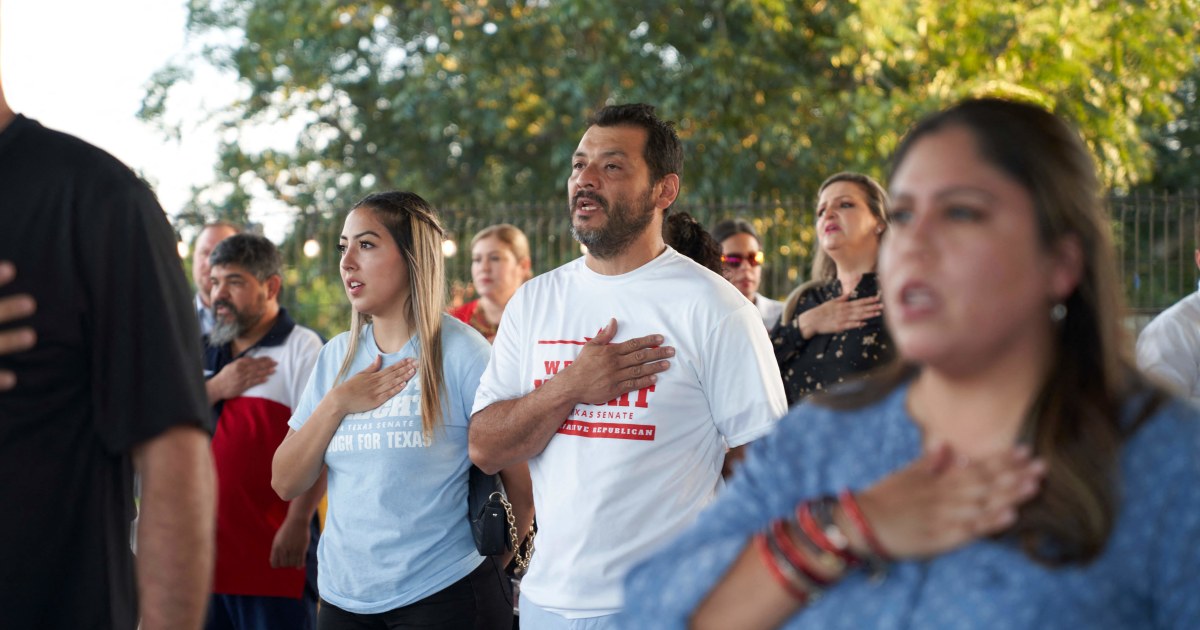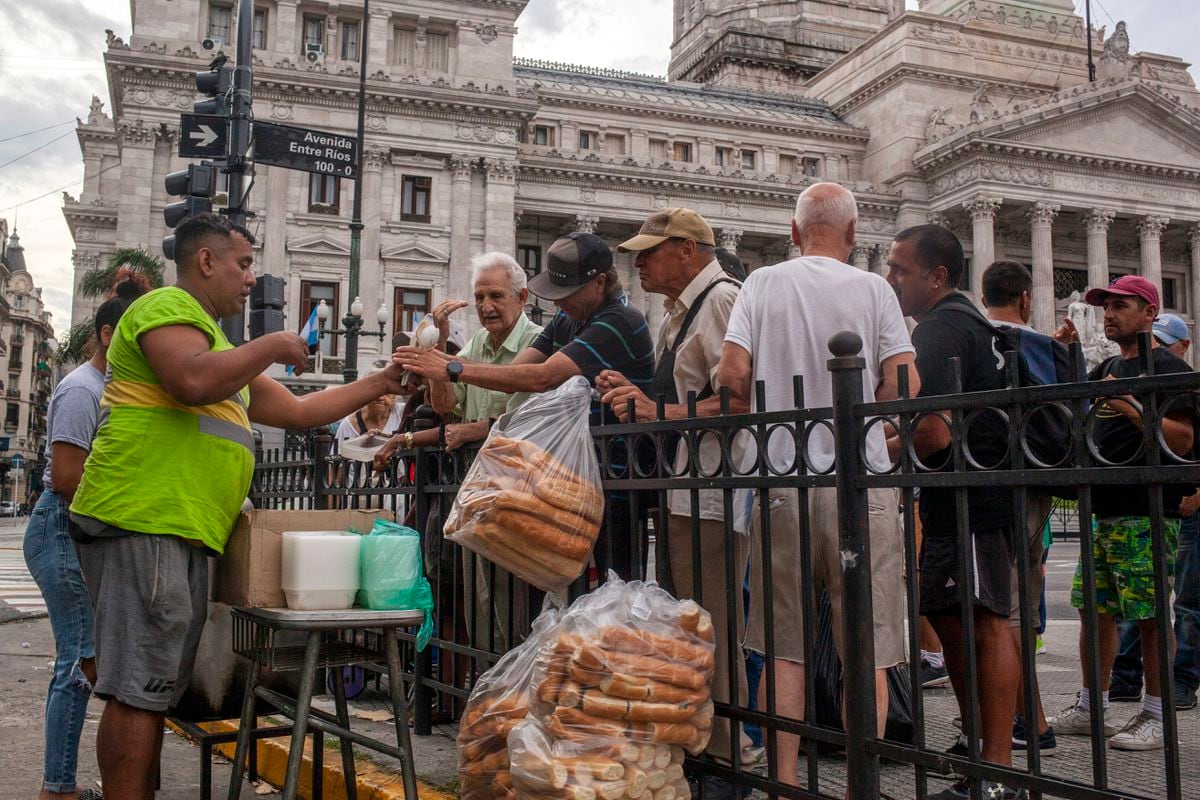- Click to share on Facebook (Opens in a new window)
- Click to share on Twitter (Opens in a new window)
- Click here to share on LinkedIn (Opens in a new window)
- Click to email a friend (Opens in a new window)
Author's Note: Pedro Brieger is an Argentine journalist and sociologist, author of more than seven books and contributor to publications on international issues. He currently serves as director of NODAL, a portal dedicated exclusively to the news of Latin America and the Caribbean. He collaborated with different national media such as Clarín, El Cronista, La Nación, Página / 12, Profile and for magazines such as News, Somos, Le Monde Diplomatique and Panorama. Throughout his career, Brieger won important awards for his informative work on Argentine radio and television.
(CNN Spanish) - One day after the coup in Bolivia, the president of the United States, Donald Trump, said in a statement that “he applauded the people of that country for demanding freedom and the Bolivian military for complying with his oath to protect the Constitution of Bolivia and not just one person ”. Trump mentioned the military, the same ones that were key to the coup when they "suggested" Evo Morales to resign.
In recent times, Latin American military personnel have reappeared in different regional settings and from the United States there are growing voices for greater intervention in the region. At the end of November, the head of the US Southern Command, Craig Faller, at the base of Soto Cano in Honduras, said they were there to counter "threats" and provide "security" throughout the region. A few days later, the Secretary of State, Mike Pompeo, who also knew how to be in charge of the CIA, said they were going to support those countries affected by the intervention of Cuba and Venezuela in the protests although he did not specify how that support was going to be . Of course, knowing the historical relationship between the United States and Latin America, the explicit return of the "Monroe doctrine" and the harassment of Cuba and Venezuela, it is not very difficult to imagine that one of its objectives will be to avoid the resurgence of progressive governments that can question the White House policy.
Leaving aside the cases of Cuba, Nicaragua and Venezuela, where the Armed Forces were always a pillar of these political processes, in the twenty-first century the military seemed to be in the background, in the shadow of civil powers. However, if you look at the South American news, it will be seen that in recent months the military presence was strongly noted as it had not been for a long time.
Several Brazilian military men threatened to intervene in 2018 if former president Lula da Silva did not go to jail, and Jair Bolsonaro today has several members of the Armed Forces in his cabinet. In the face of protests in Ecuador and Chile, presidents Lenín Moreno and Sebastián Piñera appeared flanked by soldiers to strengthen their image.
Also the president of Peru, Martín Vizcarra, when he decided to dissolve the Congress and call for elections, showed himself to the high command of the Armed Forces and the Police. In the recent elections in Uruguay a right-wing nationalist general obtained 11 percent of the votes and before the second round the video of an ex-military man threatening several members of the Broad Front government was released, evoking the coup of 1973 state.
In this context, it is worth asking if what happened in Bolivia is an exception or if the military returns to the scene as in the old days.
Protests in Bolivia







/cloudfront-eu-central-1.images.arcpublishing.com/prisa/RHYRDMQQ7BG5JOUSKAXBLKE6YE.jpg)

